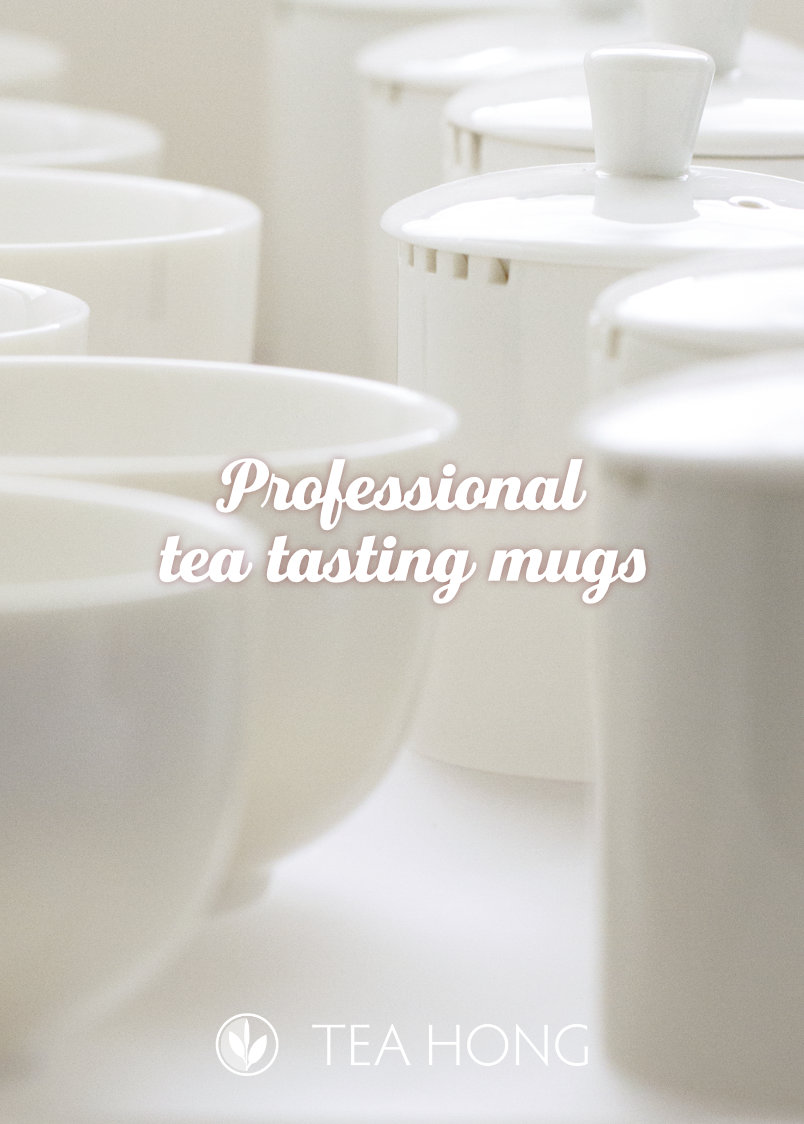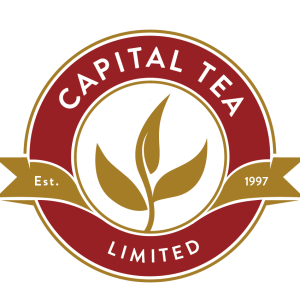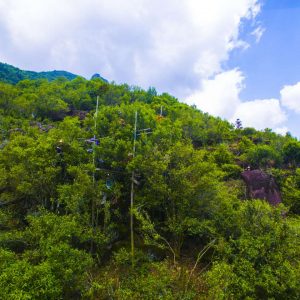Home › Dialogues › Tea Business › Small Farmers obtaining "Organic" status?
Tagged: chemical, mrl-test, organic, pesticide, small-farmer
- This topic has 10 replies, 7 voices, and was last updated 11 years, 2 months ago by
sofie1212.
-
AuthorPosts
-
-
2012.06.30 at 10:23 pm #8405
Kallytea
ParticipantI’m in the process of researching the plight of small tea farmers.Does anyone here have first hand knowledge of how difficult the “red tape,” fees, or even politics are for small tea farmers in tea growing regions?I have discovered that the term “organic” tends to be mostly a marketing term in western markets. Can anyone also support this statement first hand as well?It would seem that the farming practices of small tea farmers should be traditionally organic as the cost of implementing chemicals and such would be also too expensive for small family based tea farmers. Small tea farmers should not be excluded from the oportunity to sell their high quality artisan teas to the organic market just because they have limited financial resources as well as the world missing out on such wonderful hand crafted teas.Thought this would also make an interesting post for discussion and opinions.Thank you for your input.
-
2012.07.03 at 2:39 am #9548
Leo
ParticipantLet me respond with a broad wash to the picture as far as China is concern. Here I have first hand experience. I have heard stories from various other tea production countries. Their problems may be different.Although there is an NGO in China helping smaller farmers to get international organic certification, it is more like a government agency than a real NGO. In China, traditional folks do not like to muddle with the government; and for good reasons. The reasons just got stronger and more in the China today. As a result this entity seems to be serving more larger corporations who have more other relationship with the government.
It seems to me that these people are promoting more the Chinese alternatives of organic certs and more production set up that are larger in scale get the Chinese certs than international certs.As far as I can witness, Chinese certs mean little.There are medium size corporations helping their suppliers who are smaller farms to get international certs, but these are rare. I know of only one in terms of tea. They care more about marketing the cert that they pay for than the quality of tea.Having said that, however, most larger tea farms that are not certified organic, and that I have visited are pretty okay in terms of going by government pesticide regulations. It is the pesticide companies that are the real problem. They use ingredients that do not match the label. Some tell trusting farmers lies.Smaller farmers are quite diversified in organic practices, even within the same region. Those who have a long tradition in tea production and especially in higher quality tea usually go by traditional practices of organic farming (they had no such special term as organic). One key lies in planting the trees more apart and various vegetations around them. Less plucking and controlled use of fertilizers (even organic ones) are key to maintaining tree health. These are not possible even in corporate control organic farms because of the need for return.Those who have joined the tea trade recently only for the opportunity are generally not as disciplined. They can be farms of various sizes.Marketing of organic tea to most farmers is more a wholesalers’ or retailers’ problem than the farmers’. For those who produce lower quality tea, the extra margin for the cert goes only to the traders. For those who produce higher end tea, the cert is not a decisive factor of their sales. There is no relationship between tea quality and organic certification.The consumers are obsessed with this “organic” label because some people have successfully promoted it. For real connoisseurs, it is a superficial marketing means, used mostly for teas that are otherwise much, much lower in value. -
2013.02.25 at 7:33 pm #9438
bebemochi
ParticipantI’ve just been reading the 2012 Greenpeace analysis on 18 samples of “medium grade” chinese tea from well known tea companies all of which, it is claimed, were found to contain a range of both legal and illegal pesticides. Its pretty sobering stuff. The impression I’m getting from this Greenpeace article (and from what Leo has commented) is that it is the cheaper/ lower quality (yet popular) tea brands that are likely to be tainted, so does this mean that higher quality teas are guaranteed to be a healthier, ‘cleaner’ product for both tea plantation workers and the consumer? Is there realistically any way we can be sure our daily cuppa isn’t laced with pesticides (especially highly toxic methomyl and endosulfan)?
-
2013.02.26 at 8:54 pm #9621
sofie1212
ParticipantI heard that even chrysanthemum tea is too much chemicals too, is that true?
-
2013.02.27 at 10:21 pm #9614
Leo
ParticipantChrysanthemum flowers, which is used in herbal drinks and mixed in tea, such as pu’er, are quite often loaded with insecticides and preservatives. I do not recommend using them unless it’s tested outside of China for food safety. It has a pleasant taste and I do think it’s a shame that safer ones are not widely available.
As for the problem in tea, it is not an issue that affects products only of Mainland China, but rather all tea producing countries. Generally premium products are less affected than lower price ones. However, that is not to say all better teas are safe from it. For example, some major harvest of better sencha from Fukuoka was all tested for over dose of pesticides a few years ago. Some high price Longjing of some reputable origins in Hangzhou were found containing lead from environmental pollution.Travel, logistics and communication have now been the most convenient and affordable ever in human history. Many think that buying directly from source is easy. Many importers are competing for time and price. They missed out on the important role of quality control.On the other end, the pressure for profit and meeting market demands is high on the production side. When the world continues to glorify wealth and materialism, and in a country which religions and traditional ethics were totally destroyed, you have to rely on science to find out which producers deliver safe teas and which do not. Testing in properly qualified labs is a cost that is manageable in productions and purchases of a few hundred kilos, let alone medium priced ones. I think the merchants in your country have skipped some procedures. -
2013.02.28 at 8:52 am #9615
MEversbergII
ParticipantHow about the products at TeaHong? Have those undergone testing?
M.
-
2013.02.28 at 10:09 pm #9616
Leo
ParticipantNot every batch. Some of the rarer quality ones can be 2~3 kg a year, some 15~20. Cost-wise this is prohibitive. However, these are always from producers who make larger, easier priced batches, such as the April Mist green tea you buy. I have put the products of all those that I buy from through EU MRL tests in certified labs in France and whoever fails once is never bought from again. The EU standards for tea is the strictest in the world.
FYI, MRL stands for Maximum Residual Levels, referring to the content of chemicals that the EU targets as harmful. For tea, there are around 280 that the lab is required to test against. It’s almost identical to their requirements for fruit and vegetable. In another word, EATING my tealeaves is as safe as eating a salad in Europe; maybe better considering the hygiene of some of the kitchens there. Don’t eat pu’er leaves though; very nasty when eaten 😉 -
2013.03.01 at 8:25 am #9617
MEversbergII
ParticipantWell that’s a relief. I had a feeling they were all tested, which is why I’ve stuck with TH for my entire supply since it’s opened.
I actually liked chewing on pu’erh leaves. Reminds me of the hay from the farm. After it’s brewed out, anyways.
M.
-
2013.03.01 at 11:53 am #9601
Manila Tran
Participant@ Leo, how much do you have to pay for each test? How long does it take?
-
2013.03.02 at 9:54 am #9602
ICE
ParticipantYet chrysanthemum is sold everywhere here! Are you sure that they are not ok? It is also in the five flower tea formula!
-
2013.03.06 at 8:59 pm #9565
Leo
Participant@ ICE, I know, the HK government should be doing a better job than this. Hopefully they would get to the dried flower soon. Or perhaps they already did and think that the overdosed pesticide is not worth the panic an announcement could cause. I don’t know. Yet the test results simply tell us loud and clear to stay away. Since this is a popular item, I may source it again from a safe supplier. Will let you know when I have it, but it won’t be soon.
-
-
AuthorPosts
- You must be logged in to reply to this topic.










